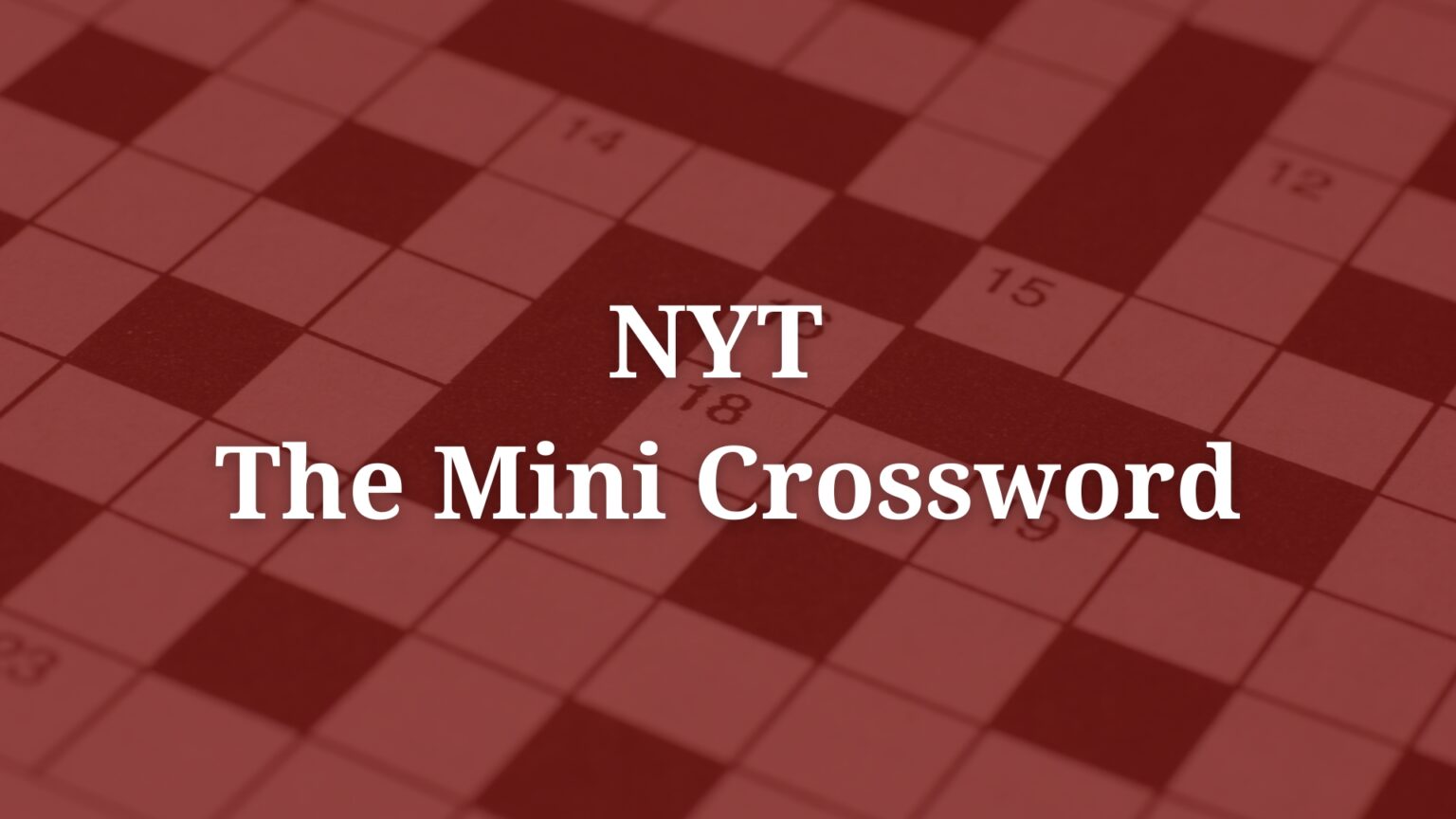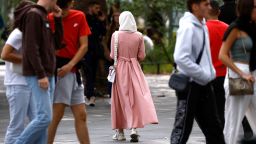Mia Farrow Demands Trump's Imprisonment For Deporting Venezuelan Gang Members

Table of Contents
Farrow's Accusations and Their Basis
Mia Farrow's statement directly accuses the Trump administration of facilitating the deportation of Venezuelan nationals, alleging that these deportations targeted individuals without due process and violated their human rights. Her accusations are underpinned by claims of a systemic disregard for the legal rights of Venezuelan asylum seekers and refugees, with a particular focus on alleged gang members among the deported population.
-
Specific Accusations: Farrow's claims haven't been explicitly detailed in a formal legal filing but are based on reports from human rights organizations and anecdotal evidence regarding the treatment of Venezuelan migrants under the Trump administration. She asserts that deportations were carried out without proper vetting of individual cases, potentially leading to the deportation of individuals who had a legitimate claim to asylum.
-
Alleged Human Rights Violations: The core of Farrow's argument centers on the alleged violation of international human rights laws. She contends that the Trump administration's policies disregarded the principle of non-refoulement, which prohibits the return of refugees to places where they face a risk of persecution. She further suggests that due process was not followed in many deportation cases.
-
Evidence and Supporting Statements: While Farrow hasn't provided definitive legal evidence, her claims resonate with reports from organizations like Human Rights Watch and Amnesty International, which have documented concerns about the treatment of Venezuelan migrants during this period. These reports cite numerous cases of individuals who were deported despite possessing valid claims to asylum or refugee status.
-
Due Process Concerns: Questions remain about whether the due process rights of these Venezuelan migrants were adequately protected under the Trump administration’s policies. Critics point to an expedited deportation process that might have overlooked individual cases requiring a more thorough review.
The Context of Venezuelan Migration and Gang Activity
Understanding Mia Farrow's accusations requires analyzing the backdrop of the Venezuelan migration crisis. Millions of Venezuelans have fled their country due to hyperinflation, political instability, food shortages, and widespread violence.
-
The Venezuelan Migration Crisis: The crisis is among the largest in modern history, causing a humanitarian emergency in neighboring countries. Factors include the erosion of democratic institutions under Nicolás Maduro’s regime, leading to widespread human rights abuses.
-
Gang Violence and Criminal Activity: While the overwhelming majority of Venezuelan migrants are seeking refuge, it's undeniable that criminal elements exist within migrant populations. Gangs, often exploiting the vulnerabilities of migrants, pose challenges to the receiving countries.
-
Challenges for Receiving Countries: Countries like Colombia, Brazil, and Peru have struggled to cope with the influx of Venezuelan migrants, putting immense strain on their resources and infrastructure. This has sometimes fueled xenophobia and anti-immigrant sentiment.
-
Distinguishing Refugees from Criminals: Differentiating between genuine refugees fleeing persecution and individuals involved in criminal activity is a complex task, requiring thorough vetting and due process. This process must adhere to international legal standards and human rights principles.
-
International Laws and Agreements: International laws, such as the 1951 Refugee Convention and its 1967 Protocol, define refugee status and outline the obligations of signatory nations towards refugees and asylum seekers. These are essential considerations in any discussion about the legality of deportations.
Legal and Political Ramifications of Farrow's Demand
Mia Farrow's call for Donald Trump's imprisonment carries significant legal and political weight.
-
Legal Viability: The legal viability of such a demand is highly questionable. Prosecuting a former president for immigration policies, even controversial ones, requires substantial evidence of criminal intent and violations of specific laws.
-
Political Implications: Farrow's statement has already ignited a fierce political debate, exacerbating the ongoing divisions regarding immigration and human rights. It underscores the intense polarization of American politics on these issues.
-
Public Opinion: Public opinion is sharply divided, reflecting broader societal disagreements about immigration, the treatment of refugees, and the accountability of political leaders. Farrow's statement will likely further polarize these existing divides.
-
International Law and Accountability: International legal frameworks related to human rights and refugee protection might play a role in future investigations, but translating allegations into prosecutable offenses remains a formidable challenge.
-
Future Legal Actions: Although Trump's direct prosecution based on Farrow's accusations seems unlikely, the controversy might lead to further investigations and potential legal action related to specific instances of alleged due process violations within the Trump administration's immigration policies.
Conclusion
Mia Farrow's demand for Donald Trump's imprisonment over the alleged deportation of Venezuelan gang members highlights a critical juncture in the debate surrounding immigration policies, human rights, and the accountability of political leaders. The complexity of the Venezuelan migration crisis, coupled with the challenge of discerning genuine refugees from criminals, underscores the need for a nuanced and humane approach. While the legal and political ramifications of Farrow's accusations remain uncertain, the controversy emphasizes the urgent need for a comprehensive and ethical framework for handling migration and protecting vulnerable populations.
Call to Action: Understanding the intricacies of this situation is crucial. Learn more about the ongoing debate surrounding Venezuelan deportation and the implications of Trump's immigration policies. Engage in informed discussions about human rights and the ethical treatment of vulnerable populations. Stay informed on the latest developments regarding Mia Farrow's campaign and the potential consequences of Trump's actions regarding Venezuelan migrants.

Featured Posts
-
 Golz Und Brumme Erfolgreiche Essener Leistungstraeger
May 24, 2025
Golz Und Brumme Erfolgreiche Essener Leistungstraeger
May 24, 2025 -
 5 Zodiac Signs Great Horoscope Outlook For April 14 2025
May 24, 2025
5 Zodiac Signs Great Horoscope Outlook For April 14 2025
May 24, 2025 -
 Paris Economic Slowdown Analysis Of The Luxury Goods Sectors Role March 7 2025
May 24, 2025
Paris Economic Slowdown Analysis Of The Luxury Goods Sectors Role March 7 2025
May 24, 2025 -
 Marvel The Avengers Crossword Clue Nyt Mini Crossword Answers For May 1st
May 24, 2025
Marvel The Avengers Crossword Clue Nyt Mini Crossword Answers For May 1st
May 24, 2025 -
 French Presidents Party Pushes For Public Hijab Ban On Minors
May 24, 2025
French Presidents Party Pushes For Public Hijab Ban On Minors
May 24, 2025
